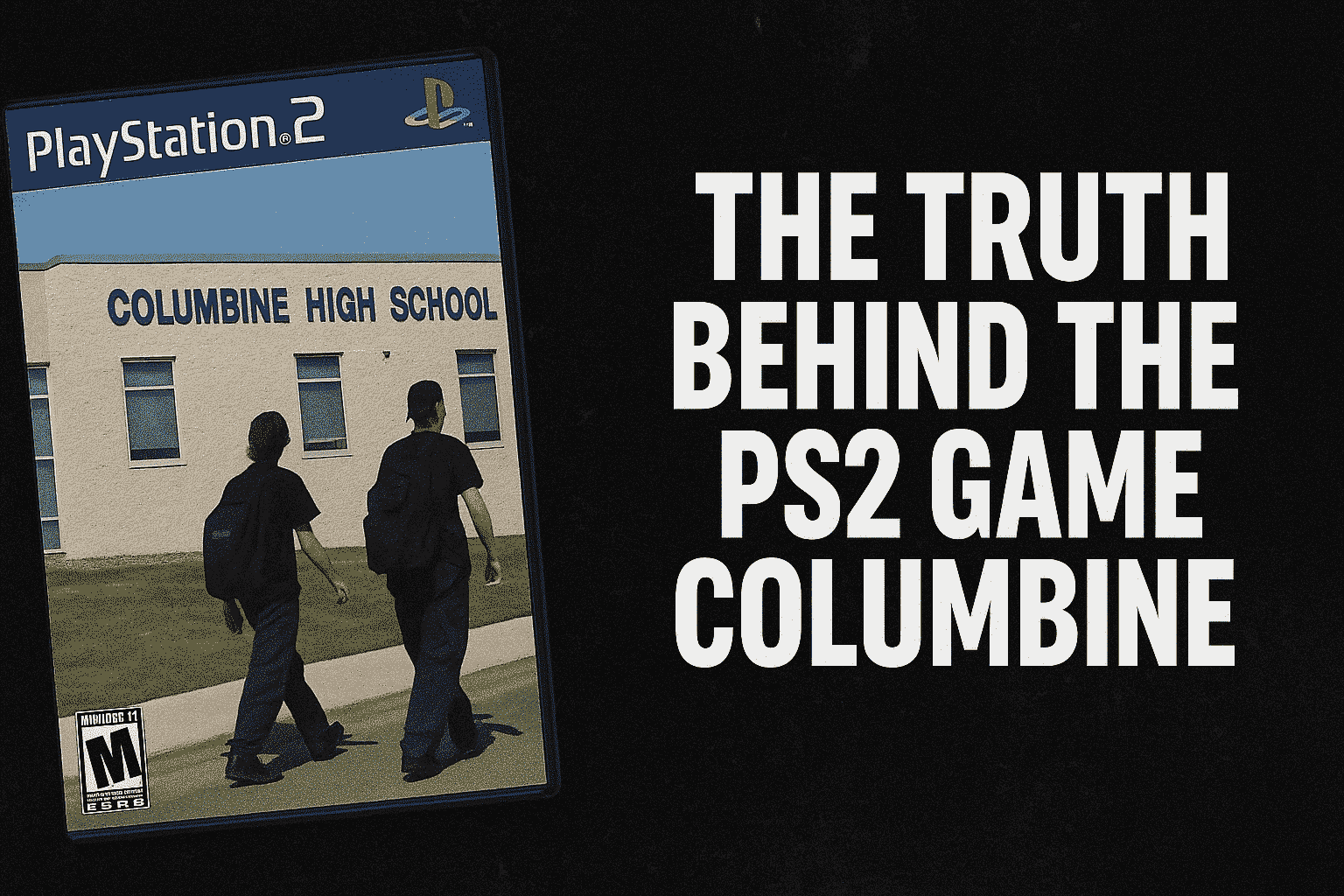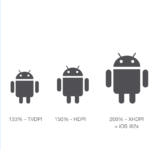When discussing controversial topics in video game history, one name that occasionally surfaces in hushed tones and online rumors is the PS2 game Columbine. Despite the drama and fear-mongering often associated with it, the truth behind this so-called game is far more nuanced than most headlines would have you believe. In this deep dive, we’ll uncover where this story came from, what actually exists, and why misinformation about it continues to circulate online.
A Brief Background: What Is the PS2 Game Columbine?
Let’s get something straight right from the start: there is no official PS2 game Columbine. The rumors stem from confusion, misinformation, and a controversial PC game that made headlines in the mid-2000s. However, because of the rise in digital misinformation and the way information is regurgitated across forums, blogs, and social media, the idea of a PS2 game based on the Columbine tragedy persists.
The phrase “ps2 game Columbine” has become a viral myth — a modern internet urban legend born from a combination of fear, misunderstanding, and controversy surrounding video games and violence.
The Real Origin: Super Columbine Massacre RPG!
Most of the buzz around a Columbine-related game traces back to “Super Columbine Massacre RPG!”, an indie game developed by Danny Ledonne and released for PC in 2005. This game was never released on PlayStation 2 or any console. It was created using RPG Maker and intended, according to its creator, as a form of commentary rather than entertainment.
In the game, players assume the roles of Eric Harris and Dylan Klebold, the perpetrators of the 1999 Columbine High School massacre. This understandably caused an uproar across mainstream media, gaming communities, and victim advocacy groups.
So, where does the PS2 game Columbine claim come from? It’s primarily the result of misinformation — people mistakenly assuming or falsely claiming that the game was available on consoles like the PlayStation 2.
Misinformation in the Digital Age
To understand how such a rumor could spread, we have to explore how the internet works in the age of clickbait headlines, viral content, and conspiracy-laden message boards. When a phrase like “ps2 game Columbine” starts appearing in forums or social media, it quickly builds momentum. People share the phrase without verifying its accuracy. Over time, repetition gives the illusion of truth.
YouTube videos titled things like “Banned PS2 Games You’ve Never Seen” or “Top 10 Controversial PS2 Games” often include thumbnail clickbait suggesting that Columbine was part of the lineup. Many of these videos don’t include credible sources, and some even acknowledge that no such game existed—but by then, the damage is done. The rumor has legs.
Google search trends even show spikes in people searching for “ps2 game Columbine”, suggesting widespread curiosity or belief in its existence. It’s a prime example of how quickly misinformation can take root online.
Media Sensationalism and Video Game Violence
The media has long had a complicated relationship with video games, especially when it comes to violent content. After the Columbine tragedy in 1999, many news outlets were quick to blame games like DOOM, which the shooters reportedly played. This narrative of “video games cause violence” became a convenient scapegoat, especially when society struggled to make sense of such a horrific event.
Naturally, when “Super Columbine Massacre RPG!” surfaced, the media pounced. Headlines were dramatic. Politicians condemned the game. Advocacy groups called for bans on violent video games. It was in this environment of fear and misinformation that the myth of a PS2 game Columbine started to take form.
Even today, parents and advocacy groups express concerns about violent games, although research shows no conclusive link between video games and real-world violence. Unfortunately, nuanced studies don’t make for flashy headlines, and so myths persist.
The Role of Urban Legends in Gaming Culture
The gaming community has always been rich with rumors, legends, and myths. From secret levels in Super Mario 64 to ghostly appearances in Pokémon games, players love to share tales of the bizarre and forbidden. The idea of a hidden, banned, or unreleased PS2 game Columbine fits neatly into this tradition.
This myth becomes even more believable when it’s paired with real stories of games that were pulled from shelves or banned in certain countries. For example, titles like Manhunt 2 or Rule of Rose did face controversy and censorship on the PS2. So when someone hears about a Columbine-themed PS2 game, it doesn’t seem entirely outside the realm of possibility—even though it is.
Why Some Still Believe It Exists
If the ps2 game Columbine never existed, why do so many still believe it did? Several factors contribute to this:
1. Mandela Effect
Many people collectively “remember” events or details that never actually happened. This psychological phenomenon, called the Mandela Effect, often stems from repeated exposure to misinformation. People may swear they saw the game in a shop or played it at a friend’s house, but no verifiable proof exists.
2. Bootlegs and Mods
Some homemade or bootleg versions of games include controversial content or mods that reference tragic events. It’s possible that modded PS2 discs circulated online or offline that mimicked Columbine themes — further muddying the waters.
3. Satirical Content
Satirical websites and parody videos often create fake lists of banned or shocking games. Without context, some users take these as fact and spread them.
4. Confusion With PC Game
Many still confuse the PC-only “Super Columbine Massacre RPG!” with a console release. This confusion contributes heavily to the myth.
The Ethics of Game Design and Free Speech
The idea of creating a game based on a real-life tragedy like Columbine raises serious ethical questions. On one hand, games are a form of artistic expression. On the other, they have the potential to trivialize real pain and trauma.
Danny Ledonne, the creator of Super Columbine Massacre RPG!, claimed his goal was to challenge the audience’s perspective and start a dialogue about school shootings, media coverage, and mental health. Whether or not he succeeded is still up for debate, but the game was included in the Slamdance Guerrilla Games Festival before being pulled — sparking debates about censorship and artistic freedom.
In contrast, Sony and other mainstream game developers have strict guidelines and oversight. A game like “ps2 game Columbine” would never pass approval in an official capacity, especially given Sony’s family-friendly branding in the PS2 era.
The Bigger Picture: Games as Social Commentary
Video games are increasingly being used to tackle serious topics: depression in Celeste, war trauma in This War of Mine, and loss in Gris. When handled responsibly, games can be powerful tools for empathy and awareness.
However, games based on real tragedies—especially recent or violent ones—must tread carefully. The difference lies in intent, execution, and context. A game like “That Dragon, Cancer” (which deals with a family’s experience losing a child) is generally respected, while something like Super Columbine Massacre RPG! is far more divisive.
Conclusion: Separating Fact from Fiction
So, what can we ultimately say about the ps2 game Columbine?
It does not exist. No official PS2 game based on Columbine was ever made or released.
The myth likely stems from a combination of confusion over a PC game, media sensationalism, and the internet’s penchant for spreading rumors.
This urban legend is a reminder of the importance of verifying information before spreading it.
As gaming continues to evolve as a medium, so too will the stories we tell and the myths we create. While the ps2 game Columbine may remain a chilling and controversial piece of gaming folklore, it’s vital that we base our understanding on facts — not fear and misinformation.

















Leave a Review